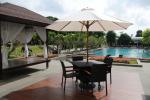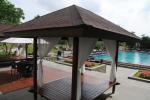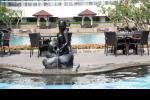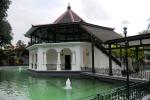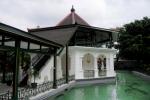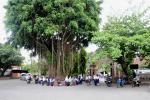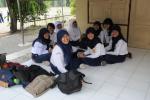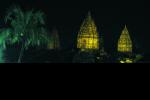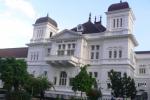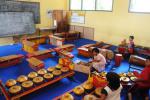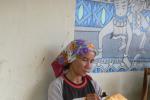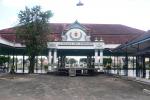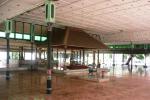
Call For Proposals
The Asia-Pacific Network for Moral Education
Eighth Annual Conference
26-30 June 2013
Yogyakarta State University, Yogyakarta, Indonesia
Learning from Diversity and Commonality: Ways Forward for Moral Education in the Asia-Pacific
The 2013 conference theme invites participants to explore regional diversity and commonality as a platform for learning from one another. In each of our societies, what do we mean by moral or values education and what have we found to be the best ways to cultivate moral awareness and sensitivity in our schools and classrooms? What might we learn from others in the region, not only about the different approaches and ways of thinking that we may find, but also about that which we share and which is common among us? Our contexts and histories are often richly diverse, offering many sources of inspiration and varying perspectives, yet can we also discern similarities, or even a certain unity, in our concerns, principles and purposes within moral education?
These are fundamental questions if we are interested in safeguarding a place for moral education in the school curriculum. And they are timely questions, given the increasing pressures on schools, students and teachers – from government, business, parents and religious sectors, and a socio-economic climate that challenges all of us to rethink key concepts of justice and fairness; community, nationhood and globalisation; the private and public; and personal, professional, social and environmental values.
Conference Sub-themes (relating to moral education, diversity and commonality):
- Moral education and policy-making in one or more socio-cultural contexts;
- Moral education: models, theories and paradigms;
- Moral education: practice and application;
- Moral education: implications of and for the digital era;
- Strategies for moral education: macro, meso and micro;
- Evaluation and assessment of moral education – formal and informal.
The Conference Organisers invite submissions of proposals related to the conference theme and sub-themes. Proposals may take the form of individual papers, symposia, round-table sessions or posters. Proposals which lend themselves toward dialogue and discussion, especially across cultural and disciplinary boundaries, are particularly welcome.
Individual papers (30 or 45 minutes): Individually submitted proposals allowing for up to 20 minutes presentation time (30 minutes session) or 30 minutes presentation time (45 minute session), followed by, respectively, 10 or 15 minutes open discussion. At the discretion of the Programme Committee, two or three presentations may be combined in one 90 minute session and the Programme Committee’s decision as to time allocation is final. The Committee will invite and assign a Chair for each session;
Symposia (90 minutes): Cross-cultural, cross-disciplinary, or with a common topic or theme; organised by the submitter, who will typically be the session Chair; usually symposia will have 3 or 4 presenters, and perhaps a discussant, but must allow for interactive discussion with the audience over the 90-minute session;
Roundtables (open time frame): Informal discussion groups on topics relating to the conference theme, e.g. at meal times or during the evening. The organiser will take responsibility for chairing an interactive discussion. Roundtables may also include discussion of textbooks and other materials; programme introductions and practices; guidance on use of assessment methods, etc.
Poster presentations: Relating to the conference theme; focusing on theoretical, empirical and practical work in progress. APNME will award its Annual Best Poster Prize for the best poster.
We ask that intending presenters provide the following:
- Name(s), affiliation and contact details of presenter(s);
- Type of presentation (individual paper (specify a preference for 30 or 45 minutes), symposium, round table, poster presentation);
- Abstract (in English) of 150 words (minimum) to 200 words (maximum);
- Subtheme (from the list above) which most accurately fits the presentation;
- Presenters’ background discipline or area of interest.
Due date for all proposals and abstracts: 31 January 2013
Date for notification of acceptances: 22 March 2013
Accepted abstracts will be made available on the Conference website and published in the Conference proceedings. Presenters will not be required to submit full papers but should bring copies of their presentations to the Conference.
Please note: The official language of the conference and all abstract submissions is English.











